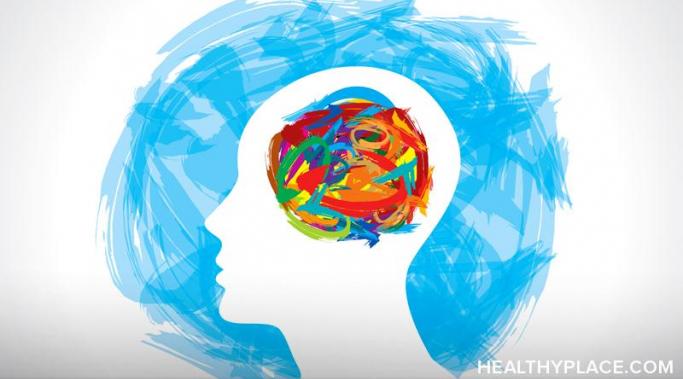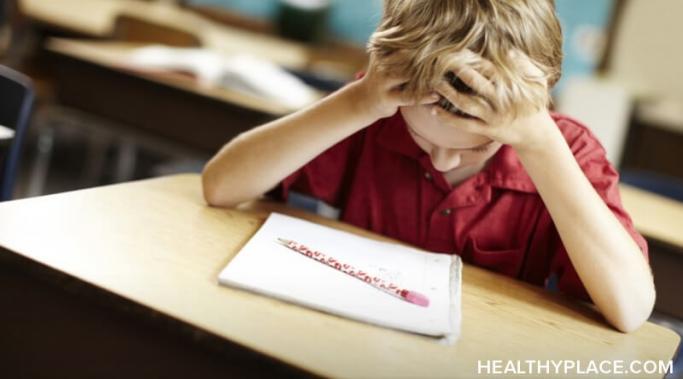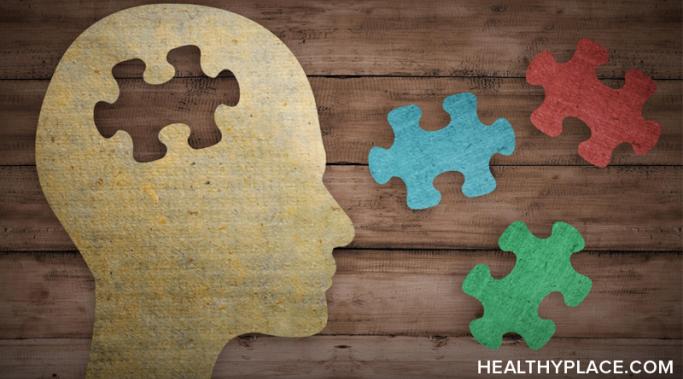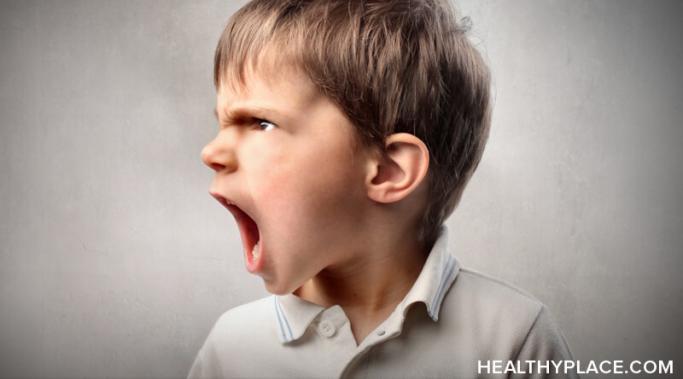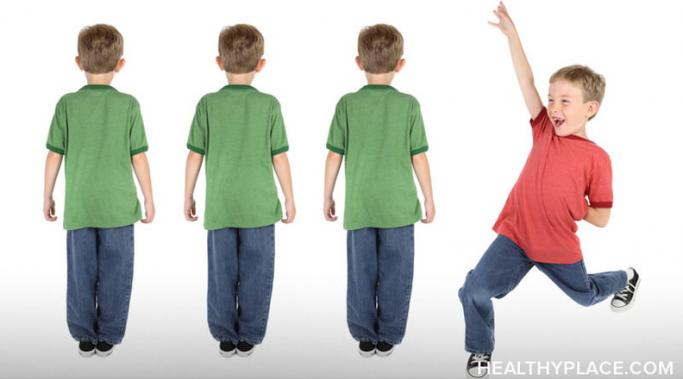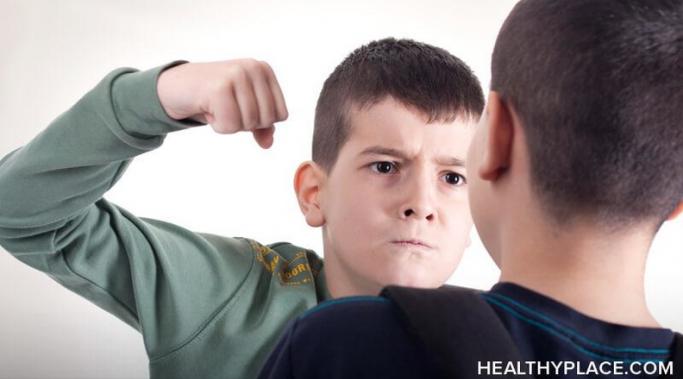Many childhood mental illnesses involve behaviors similar to those found in autism spectrum disorder (ASD), commonly just referred to as "autism." As a result, parents may hear the term "autism" mentioned when their child first exhibits worrisome behaviors. This first post on autism will look at the similarities and differences between autism spectrum disorder and childhood mental illness, as seen from a parent's perspective.
Life with Bob
For a child with mental illness, school refusal can be common. School can be anxiety-provoking for children with mental illnesses (School Anxiety in Children: Signs, Causes, Treatments). School refusal is anxiety-provoking for parents. Working parents have the added layer of inflexible timelines. Being late to work daily may get them fired, and the employer doesn't necessarily care about our struggles with our children. So what can we do as parents to get our mentally ill children past school refusal?
Staying mentally healthy as a parent of a child with mental illness can be a struggle. It's difficult to watch your child experience depression, angry outbursts, or suicidal thoughts. Being a parent means having an extraordinary capacity for love, and with that comes an extraordinary capacity for worry. Your child can't make it without you, though, so it's important to recognize when you need to reach out for help, too. You need to stay mentally healthy for your child with a mental illness.
May is Mental Health Awareness Month, and one of the least discussed mental health topics is childhood mental illness. Twelve million children in our country have a mental illness, yet fewer than one in five get treatment (Childhood Psychiatric Disorders). So not only parents suffer from our cultural silence. Our children with mental illness suffer, too.
Most people don't know what life with disruptive mood dysregulation disorder (DMDD) is like. But if your child is perpetually angry and irritable or you walk on eggshells for fear of triggering terrifying outbursts, these behaviors may point to disruptive mood dysregulation disorder, a childhood mood disorder that can lead a child and his or her parents on a scary and frustrating journey.
A child's mental illness isolates the whole family. Social anxiety, unpredictable outbursts, sensory issues--all these things can make the outside world exhausting for your child (Mental Illness, Isolation, and Loneliness). Judgment, stigma, and fear make it exhausting for parents. Isolation in childhood mental illness is our biggest enemy. Fight it.
Advocating for an individualized education plan for your child can be challenging. If your child has a mental illness that interferes with their learning at school, your child has a disability. This means your child has the right to accommodations. One way to get those is through an individualized education plan (IEP). This document encompasses interventions and legal protections for your child. It is your sidekick in advocating at school--the Robin to your Batman. Below are steps to take to advocate for an individualized education plan for your child.
What are the clues that your child has attention-deficit/hyperactivity disorder, or ADHD? To start, HealthyPlace has a quiz you can take (Free Online ADHD Child Quiz). It includes many of the typical signs of ADHD. However, as a parent, I realize you didn't come here to learn how clinicians see the disorder. You want to know how ADHD looks and feels on a daily basis. You want to know if you're overreacting to behaviors or not. You want to know if your child has ADHD.
It's important to know how to manage your child's problem behaviors caused by mental illness when you're not there. When your child struggles with mental illness, going into public can be terrifying. More terrifying is wondering what your child is doing in public when you're not there (Parenting Children with Behavior Problems). One of my son's diagnoses is attention-deficit/hyperactivity disorder (ADHD). I'll discuss more specifics about parenting children with ADHD throughout March, but for now, just know that ADHD sometimes makes children socially awkward and they display problem behaviors that you need to manage even when you're not there.
This is a story of accepting my child's mental illness and moving through the stages of grief. I want this story to serve an emotional purpose. For others parenting a child with mental illness, I hope it normalizes your experience. For people who haven't been through this but want to support a parent, I hope it makes those feelings real for you. Mental illness in children is gut-wrenching to watch. As a parent, the grief can be crippling, and because others don't always understand, the grief can be lonely. We need understanding when parenting a child with a mental illness if we're going to push through the stages of grief towards the hope on the other side.
